Ireland’s Prime Minister Leo Varadkar resigns in surprise move
Leo Varadkar’s surprise decision came as his Fine Gael party struggles in the polls, lagging behind opposition nationalist party Sinn Féin ahead of an election.
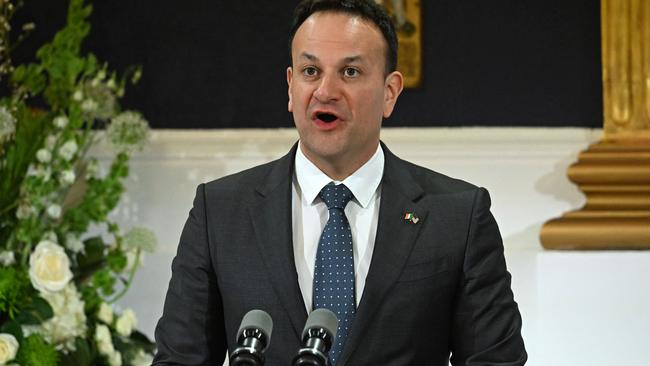
Irish Prime Minister Leo Varadkar unexpectedly quit Wednesday, saying he felt he was no longer the best person for the job and paving the way for a new leader ahead of coming elections.
“My reasons for stepping down are both personal and political,” Varadkar, 45, said at a news conference. “I believe this government can be re-elected and my party can gain seats. But after careful consolidation and soul searching, I believe a new taoiseach and leader will be better placed to do that,” he added, using the Irish word for prime minister.
Varadkar’s surprise decision came as his Fine Gael party is struggling in the polls and is lagging behind the opposition nationalist party Sinn Féin ahead of an election expected early next year. He has lately struggled to connect with Irish voters, said Theresa Reidy, a politics professor at University College Cork. “He lacked that spark and dynamism that defined him,” she said.
Varadkar’s resignation came just weeks after voters roundly opposed the government’s proposal in a referendum to amend the Irish constitution to include families that aren’t based on marriage, with 67.7 per cent voting no. A second proposal to change wording around the central role of women in the home was turned down by 73.9 per cent.
An abashed prime minister said his government had clearly failed to convince the Irish of the need for the referendum let alone the wording. “That’s obviously something we’re going to have to reflect on,” he said.
Varadkar became Ireland’s youngest and first openly gay leader when he became prime minister in 2017 at the age of 38. At the time, there was optimism that his dynamic style would make him a politician who could connect to a sometimes jaded public. He handled Britain’s Brexit negotiations deftly and steered Ireland through the Covid-19 pandemic, however he never fulfilled his potential at the polls, said Reidy.
His party performed poorly in the 2020 election, coming in third place, and today Ireland is governed by a coalition of Fianna Fáil, Fine Gael and the Green Party. The role of prime minister was effectively shared with Micheál Martin, leader of Fianna Fáil. Between 2020 and 2022 Varadkar was deputy prime minister, and then in 2022 he swapped into the lead role. Ever since then his political mojo seemed to sap, said Reidy. “There are some big achievements there but the big gap is the electoral promise that he pitched,” she said.
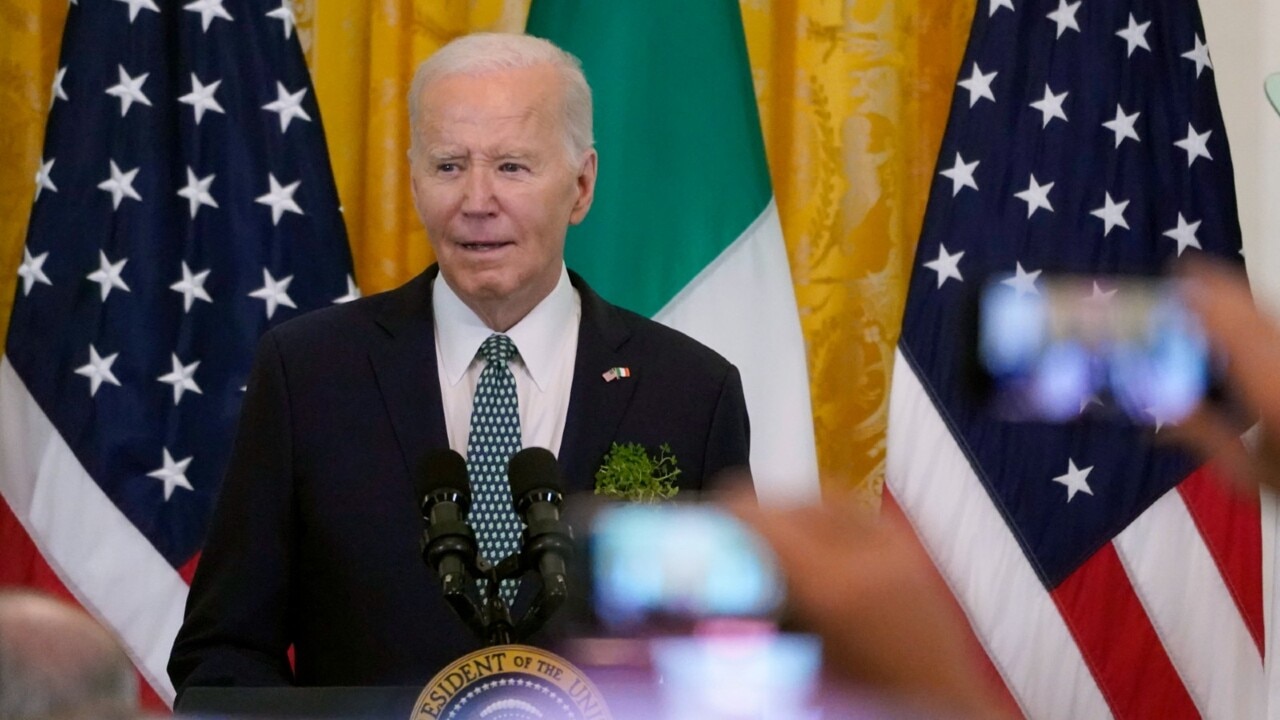
Both of Ireland’s big two traditional parties – Fine Gael and Fianna Fáil – are now having to contend with an emboldened leftist nationalist Sinn Féin, which advocates for reunification of Ireland and the British province of Northern Ireland as well as a bigger role for the state in matters like housing. Sinn Féin, which has never held power in its modern incarnation, currently tops the polls with roughly 30 per cent support, and is the largest party in Northern Ireland. Fine Gael and Fianna Fáil, which have dominated Irish politics for generations, are polling at under 20 per cent.
Varadkar’s resignation surprised even members of his cabinet. “I had no idea,” Martin said, praising Varadkar’s courage in stepping down.
Fine Gael, a party seen as conservative on fiscal issues but liberal on social issues, will elect a new leader in the coming weeks and the Irish parliament would be expected to vote them in by the end of April.
Sinn Féin leader Mary Lou McDonald called for new elections rather than have a new prime minister for less than a year. “We need a new government,” she said.
Varadkar, the son of an Indian-born doctor and an Irish nurse, listed some of his accomplishments since coming to power in 2017, saying Ireland had gone from a budget deficit to surplus and now enjoyed full employment.
Varadkar was born in Dublin, where he attended a Catholic elementary school and a Protestant high school before studying medicine at Trinity College Dublin. He practised as a family doctor but had an early interest in politics. He contested his first election at 20 for local government, which he lost.
By 2014, he had risen to become Ireland’s minister for health, fulfilling a childhood ambition, and he made headlines the following year when he became Ireland’s first openly gay government minister. Four months afterwards, Ireland voted to legalise same-sex marriage in a national referendum.
Upon his election as party leader in 2017, Varadkar referred to his background and sexuality. “I know when my father travelled 5,000 miles to build a new home in Ireland, I doubt that he ever dreamed that one day his son would grow up to be its leader and despite his differences, his son would be judged by his actions, not his identity,” he said at the time.
In announcing his resignation, an emotional Varadkar said politics was a great career but that it was important to know when to leave. “Politicians are human beings and we have our limitations; we give it everything we can until we can’t anymore.” – Joanna Sugden contributed to this article.
Dow Jones

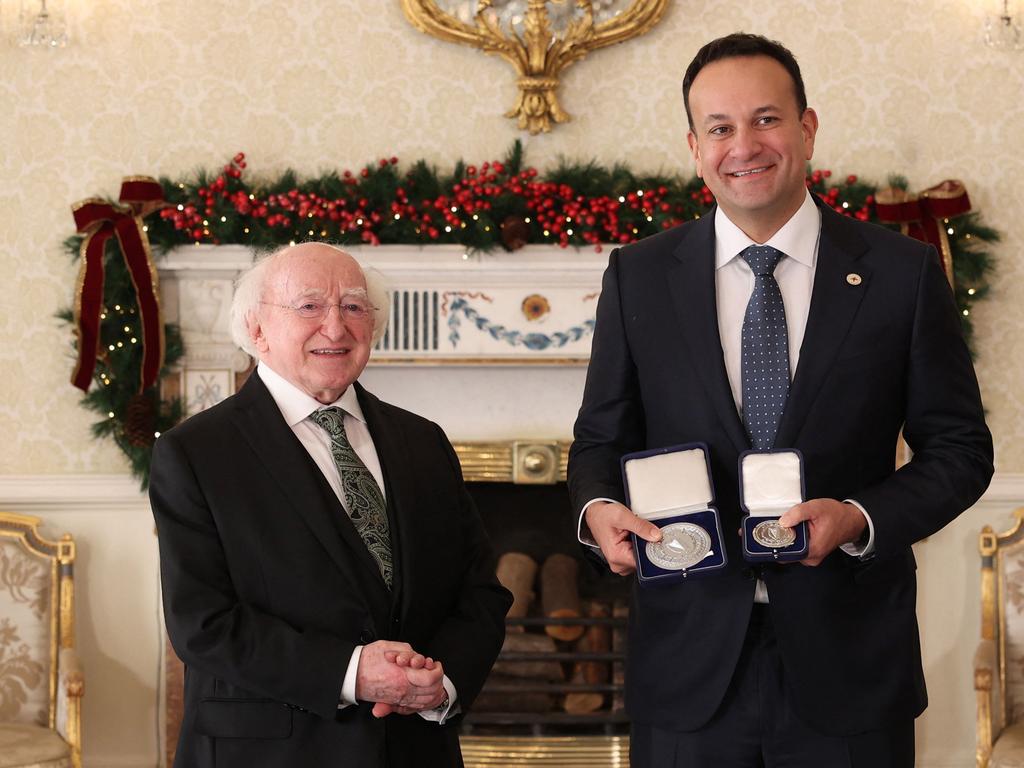
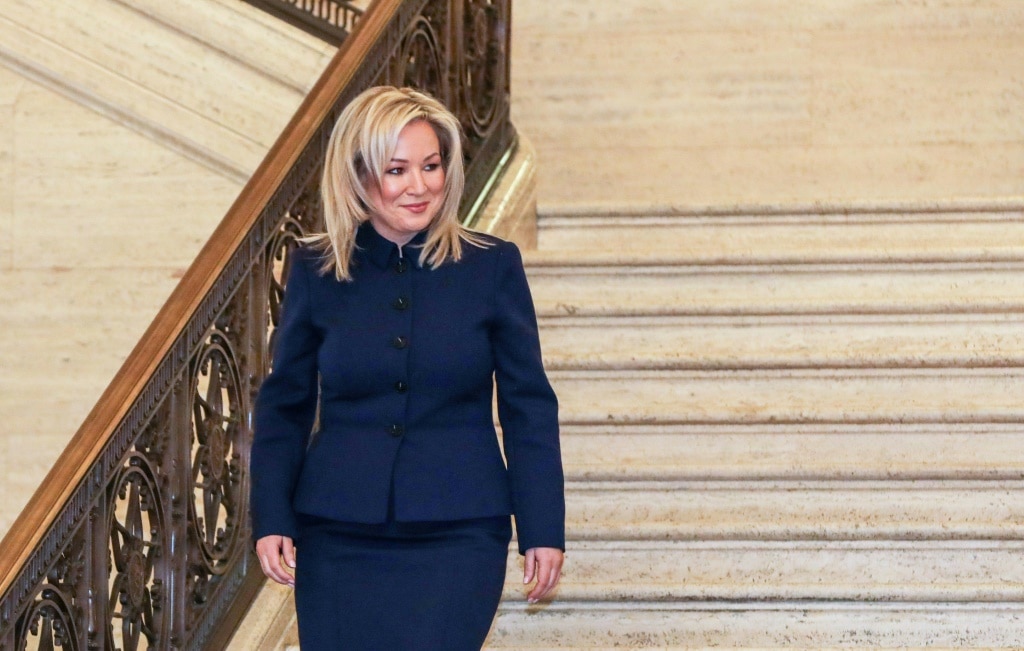
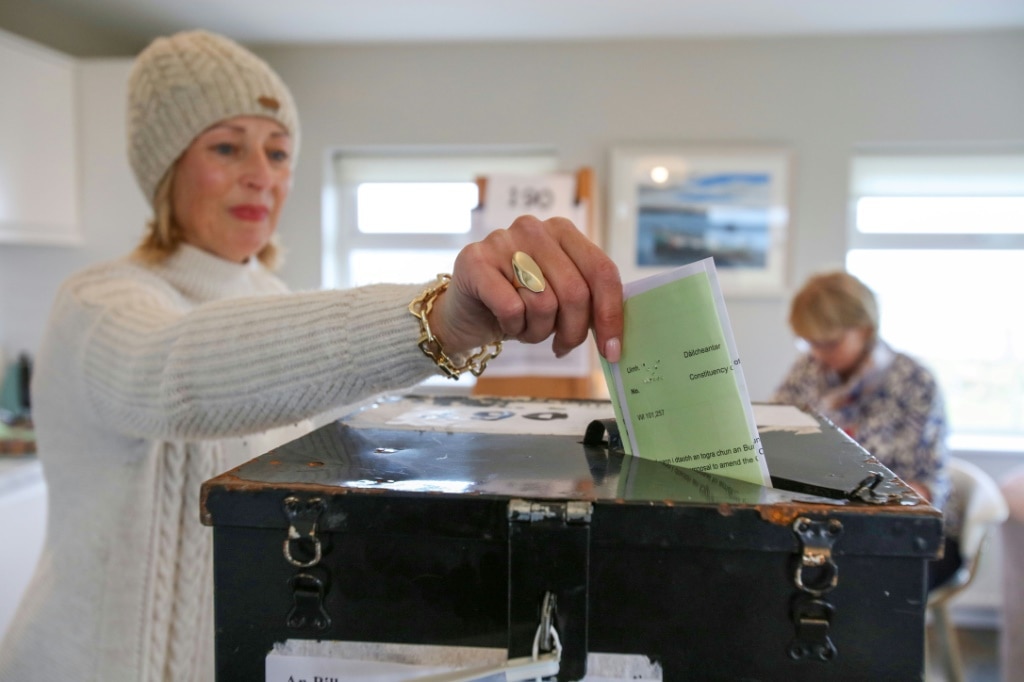
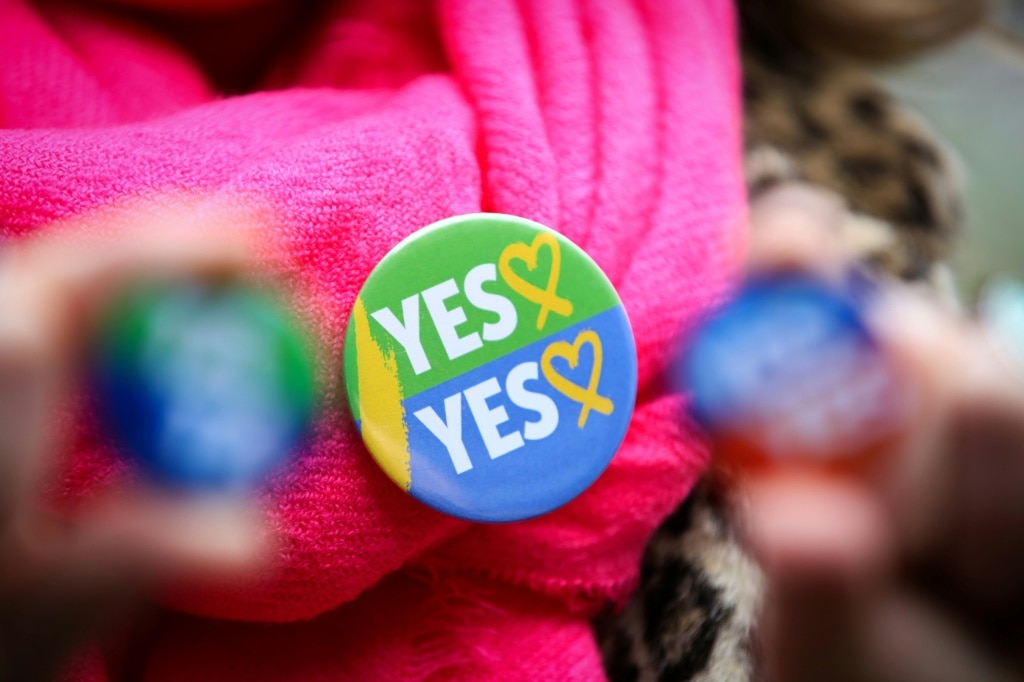


To join the conversation, please log in. Don't have an account? Register
Join the conversation, you are commenting as Logout